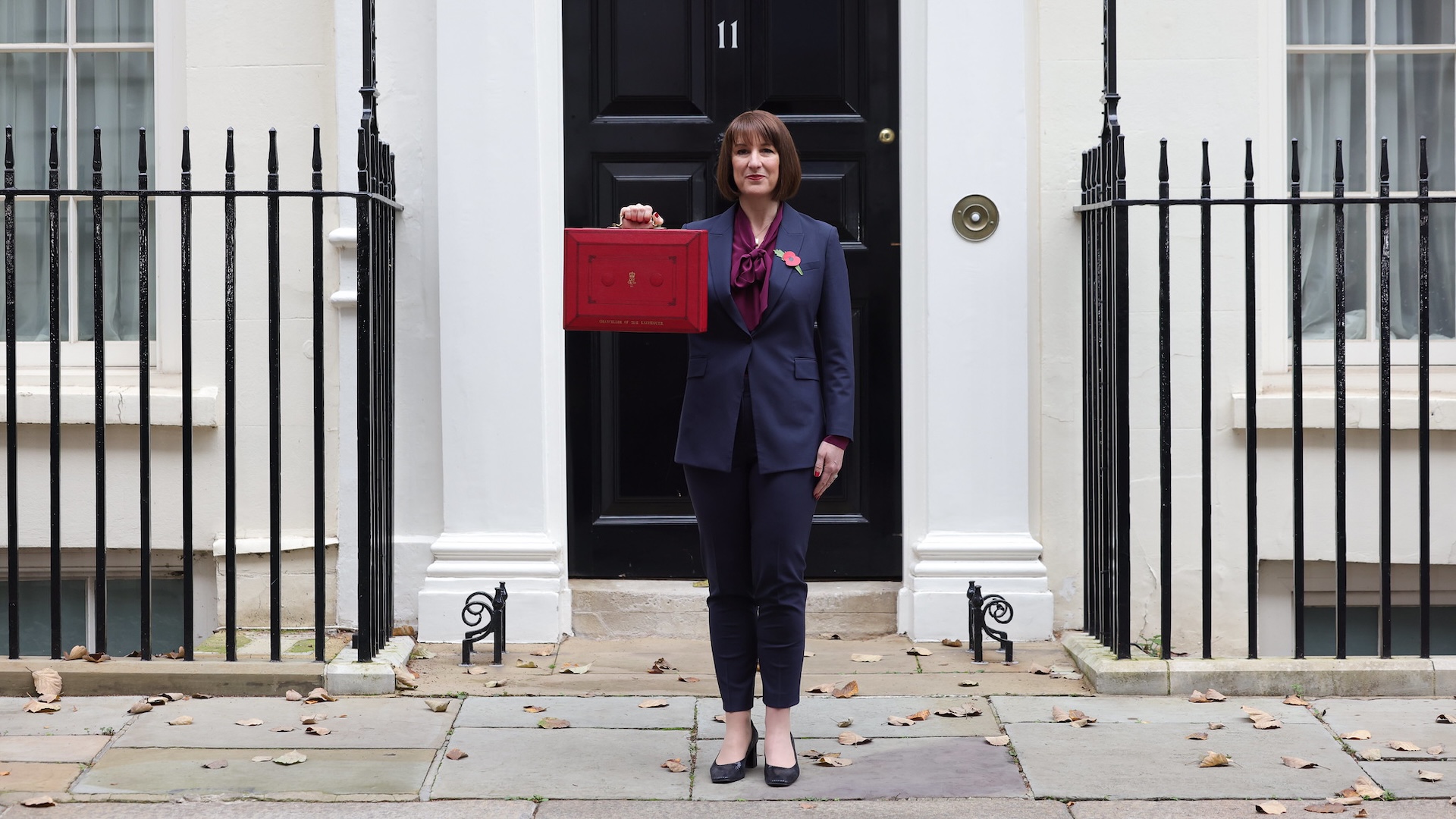Much ink has been spilt – and maybe some tears too – about how Rachel Reeves has boxed herself into a corner ahead of November’s budget. By making a manifesto pledge not to raise any of the three big revenue-raising taxes (income tax, national insurance and VAT), while sticking to her self-imposed fiscal rules, she has severely reduced her options for balancing the books.
Partly in response to these limitations, many voices are calling for the chancellor to take bolder steps than she took last autumn to increase taxes on wealth. Wealth in the UK is under-taxed compared to income (the average tax rate on wealth is 4%; on income it is 33%), and as a result we only raise a tiny fraction of annual tax revenues from taxes on wealth.
At the same time, wealth inequality in Britain is much higher than income inequality, and is increasing in absolute terms (the gap in total wealth between the top 10% and bottom 10% in the UK increased by 48% between 2011 and 2019) – so there is plenty of wealth out there to tax.
Read more:
- Brits overwhelmingly back a wealth tax on the ultra-rich. Would it work in the UK?
- Get rich and die trying: Typical Brit must save entire lifetime of earnings to become wealthy
- From broken railways to packed prisons: Margaret Thatcher’s legacy continues to cast its long shadow
Opposition to the idea of taxing wealth more is often presented in terms of two arguments. The first, wildly overblown, line is about the danger of capital flight – the idea that the rich will all leave if taxes on them are increased, that thousands of wealth creators are just a mouse click away from relocating themselves and their families to Dubai or Geneva. This idea is promoted by a credulous or conniving media based on very flimsy evidence that does not stand up to scrutiny.
The second claim is that taxing wealth will harm economic growth, which – for better or for worse – is the government’s top priority. This could be true if taxes on wealth were poorly designed or implemented. For example, simply equalising tax rates on capital gains with tax rates on employment income might conceivably reduce investment.





